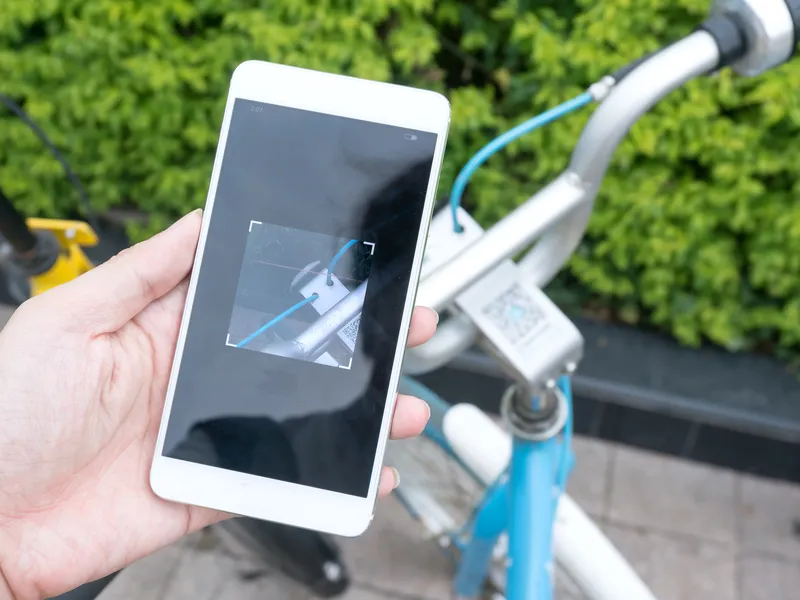
Numo (New Urban Mobility alliance) has launched a mobility data tool for cities to evaluate micromobility services against policy goals relating to sustainable communities.
Numo says shared micromobility services are operating in more than 630 cities in 55 countries but emphasises their impact on communities remains unknown.
According to the alliance, data generated by micromobility services can help cities better understand how their existing transportation is being impacted by new technologies and services and where there are gaps in needed service.
This data can offer insights into how micromobility is helping or hindering sustainability and safety goals, Numo adds.
Numo research lead Sebastian Castellanos, says: “As of right now, most cities only track how shared micromobility services comply with existing regulations, not how they actually contribute to objectives. Micromobility & Your City represents a significant shift in how cities and micromobility service operators can work together to address transportation systems and mobility needs holistically and proactively.”
The alliance says its Micromobility & Your City platform will help cities address how micromobility services function within transportation systems and how those systems currently serve communities.
Harriet Tregoning, Numo director, says: “This platform can help cities, transit agencies and micromobility operators work together more effectively to meet their mutual goals of increasing affordable, safe, reliable, convenient access while lowering carbon and pollution.”








